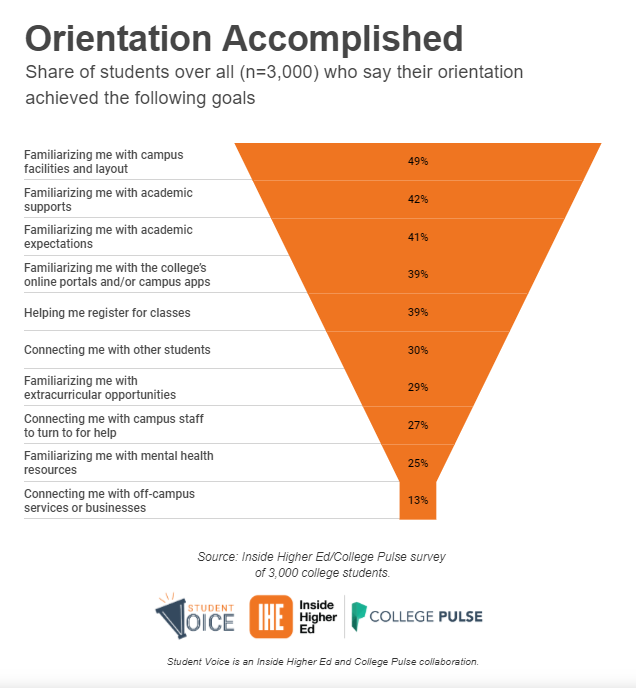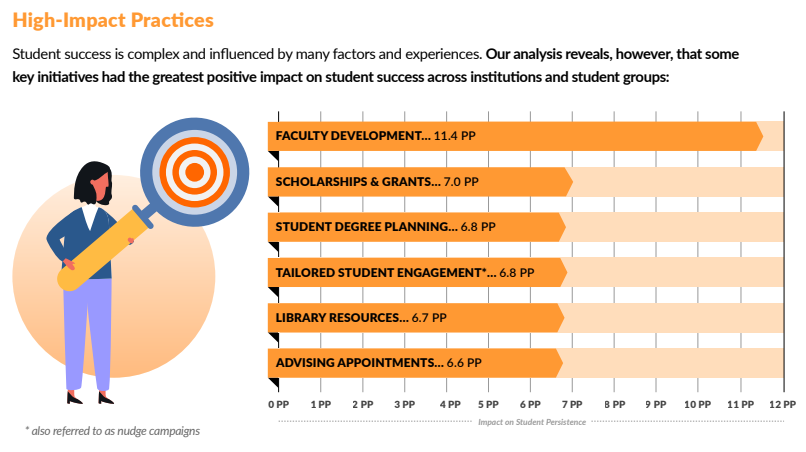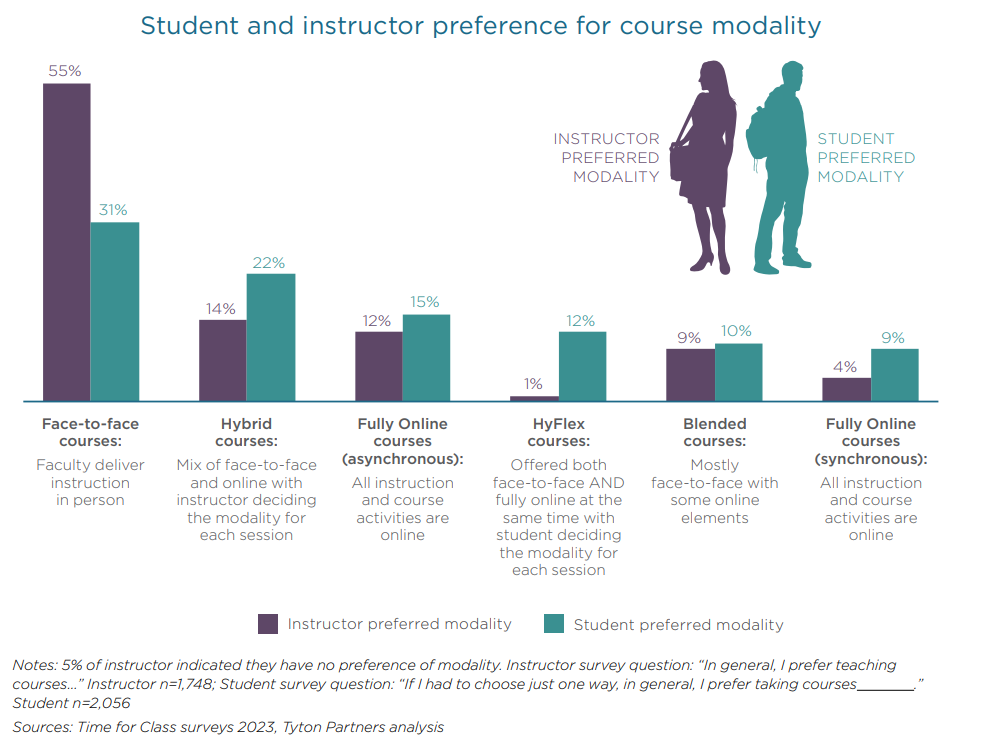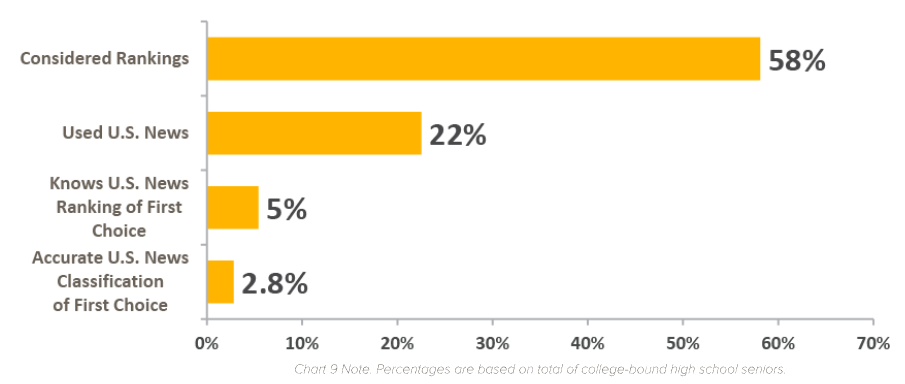September, 2023 Eye on Research
Commentary
While working on the upcoming Academic Operations: The Role of the Registrar Handbook, and after analyzing data from this summer’s brief survey on alternative credentials (such as microcredentials, badges, and nanodegrees) and their digital modes
of transport (e.g., LER, CLR, digital-credential wallet), a significant observation emerged. Higher education in the United States often conflates "credentials" with their modes of transport. The term "credential" is used inconsistently, and at times,
its usage can appear circular. Adding qualifiers like “digital” and “alternative” only muddies the conversation.
AACRAO defines a credential as a form of documentation that verifies a learner’s qualifications, abilities, or authority. It is issued by a trusted third party (like a college or university) possessing the requisite authority or competence. Notably,
credentials aren't the methods used to transfer this verification from one place to another, such as transcripts, diplomas, CLRs, LERs, etc.
To address this terminology confusion, AACRAO is exploring solutions. For instance, we're considering the term “next-generation credentials” or perhaps
“new-gen credentials” to replace “alternative credentials.”
This is because badges, microcredentials, nanodegrees, and other such credentials, currently labeled as “alternative,” are fast becoming mainstream. Eventually, we envision that these “next-gen credentials” will just be known
as a type of credential – period.
Additionally, we're deliberating on an encompassing term to describe the transport method for credentials, be it digital or otherwise. Terms like "envelopes" or "credential platforms" are being contemplated. We welcome further suggestions.
AACRAO Research Update
The Chief Enrollment Management Officer Career Profile survey is currently deployed through the end of September. This survey represents one of our ongoing efforts to collect longitudinal data on career profiles for registrars, chief admissions
officers, and chief enrollment management officers on a rolling basis. The career profile reports are available on our webpage.
The October 60-Second Survey, a partnership with Ad Astra, will focus on the operational efficiency of academic operations and is scheduled to deploy on October 2 and can be previewed here. We are on track to support one of our programming committees with the next 60-Second Survey in February 2024 on the topic of prior learning assessment practices, a topic we have not updated in a couple of years.
Current Higher-Education Research and Related Topics
Working Paper Examines College Applications and Process
A new working paper from Annenberg examines “Non-Submitters,” students who start but do not complete a college application. The study used data
from more than 1.2 million high school students. Key findings include:
24% of applicants start but do not complete college applications.
Socioeconomic status was linked to application completion, with higher economic status applicants having higher completion rates.
Essays were a major factor in the completion of applications, with 94% of those who completed an essay submitting it.
Race was also a factor, with students of color having significantly higher non-submission rates compared to white students.
Student Voice Survey Investigates Student Orientation Practices
Students have an overall favorable satisfaction with orientations, new data from the Student Voice Survey reveals. The survey data is extensive and reveals that students look for a variety of things from their orientation (see Figure 1). The study also asked students how they would
change orientation, with open-ended response questions. Key findings include:
80% of four-year college students described their in-person orientation as good or excellent, but only 55% rated virtual orientation as good or excellent.
86% of two-year college students rated their orientation experiences as good or excellent, with little difference between in-person and virtual modalities.
86% of students reported satisfaction with specialized summer bridge or pre-orientation experiences.
Figure 1: Orientation Goals Accomplished

Report Identifies Key Trends in Student Success Services
A study by CIVITAS examined more than 500
student success initiatives at 48 institutions. The report includes information on high-impact practices and those practices that were not helpful. The report also identifies the most impactful strategies (see Figure 2).
Figure 2: High Impact Practices

Two New Reports on Digital Learning and Student Belonging
A new
report from Tyton Partners finds large differences in how students perceive digital learning as opposed to faculty views. The study surveyed 1,748
faculty, 306 administrators, and 2048 students. The report included key challenges for both students and faculty, which include:
The lack of reliable access to devices or stable internet
Differing preferences for course modality and course materials between students and faculty (see Figure 3).
Challenges posed by new technology such as generative AI.
A second report, also from Tyton Partners, examines learners' sense of belonging inside and outside the classroom. Key ways institutions can foster student
belonging include:
Greater use of evidence-based teaching practices, such as “learning by doing”
Increased use of technology to create communities using collaboration tools.
Promoting greater awareness of student support systems.
Figure 3: Student and instructor preference for course modality

New Study Examines How Prospective Students Use College Rankings
A new Student Poll survey published by Art & Science Group asked more than 2,000 high school seniors questions about their use of college rankings, their
importance, and their impact on student decision-making. Key findings include:
58% of high school students surveyed have considered college rankings in their decision process.
Only 2.8% of prospective students could identify which category their first-choice school was ranked in the U.S. News Rankings (see Figure 4).
U.S. News’ influence has shrunk since 2016, with other ranking sources gaining.
Figure 4: U.S. News Rankings Use and Accuracy

Annual Survey of Admissions Officers Features Reactions to the Affirmative Action Ban, and Other Major Issues
The annual survey of admissions leaders conducted by Inside Higher Ed has been released for 2023. The
survey report is extensive and highlights many issues admissions officers are currently facing. Key points include:
Only 3% of those surveyed report their institution requires applicants to submit ACT or SAT scores.
Institutions that recently changed to test-optional admissions saw an increase in applicants and admissions of students of color.
74% of those surveyed found the process of admitting without test scores was a positive experience.
The majority of respondents felt that their institution's admissions policies would remain the same, despite the Supreme Court's decision on affirmative action.